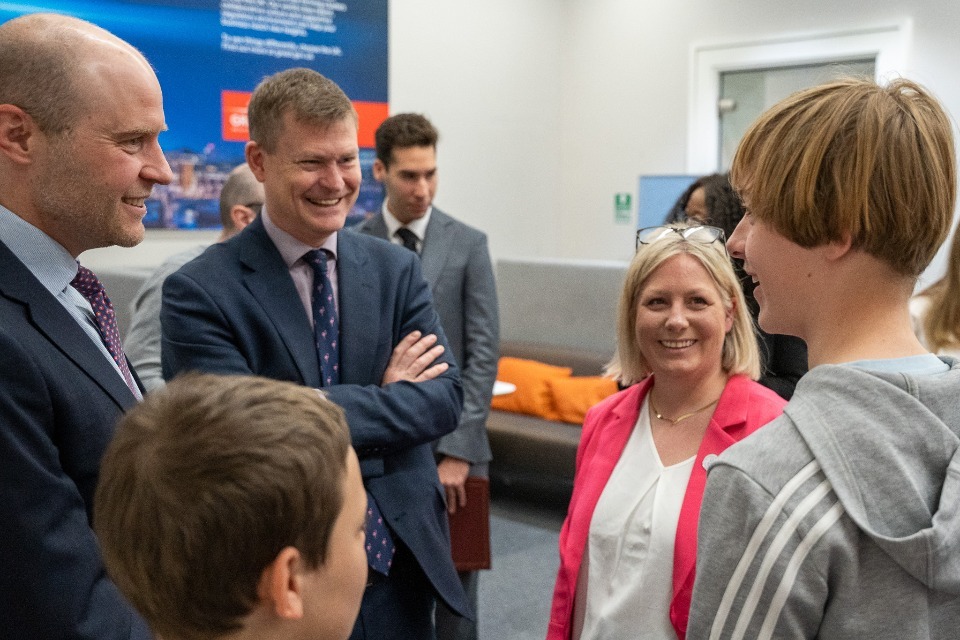What's On
UK continues to lead international efforts to secure a lasting…
Going Out
Thames Rockets has launched the £1.6m Rocket Rebel, the largest, fastest…
Reviews
For the first time in 17 years, the Edenhall Country…
Latest Articles
The best gifts you can buy for gamers” datanexthead/>nAs a consumer journalist, Pete has reviewed hundreds of products…
Heigh-H, Heigh-H, it’s Disney+ Snow -white will go; But the question is, how long does the audience wait?…
New right to neonatal care leave and pay enters into force this weekend. Parents of babies in neonatal…
Some of the most iconic trees in our landscape highlighted in unique survey. Mapping will help to accurately identify locations of…
Crayfish plague, which is normally spread by invasive American signal crayfish, is deadly for the native species and…
For almost 100 years, Disney has produced countless animated classics that are still played in homes around the…
The Prime Minister welcomed Prime Minister Mia Mottley of Barbados to Downing Street this morning.
Plans to expand the size of London Luton Airportwhich would see it almost double in capacity by 2043,…
In Spotlight
We’ve been spoilt for choice in the European train travel…





































